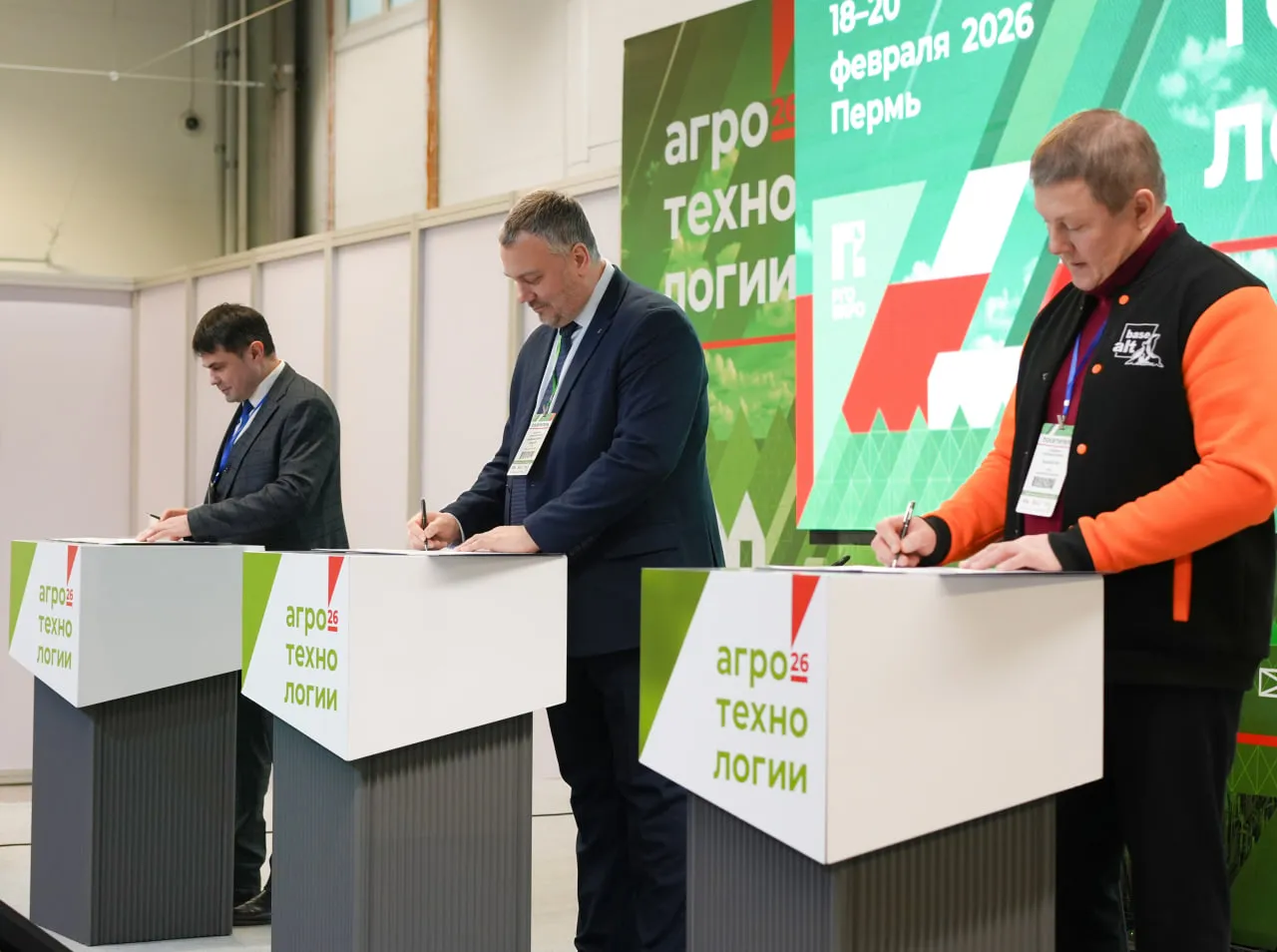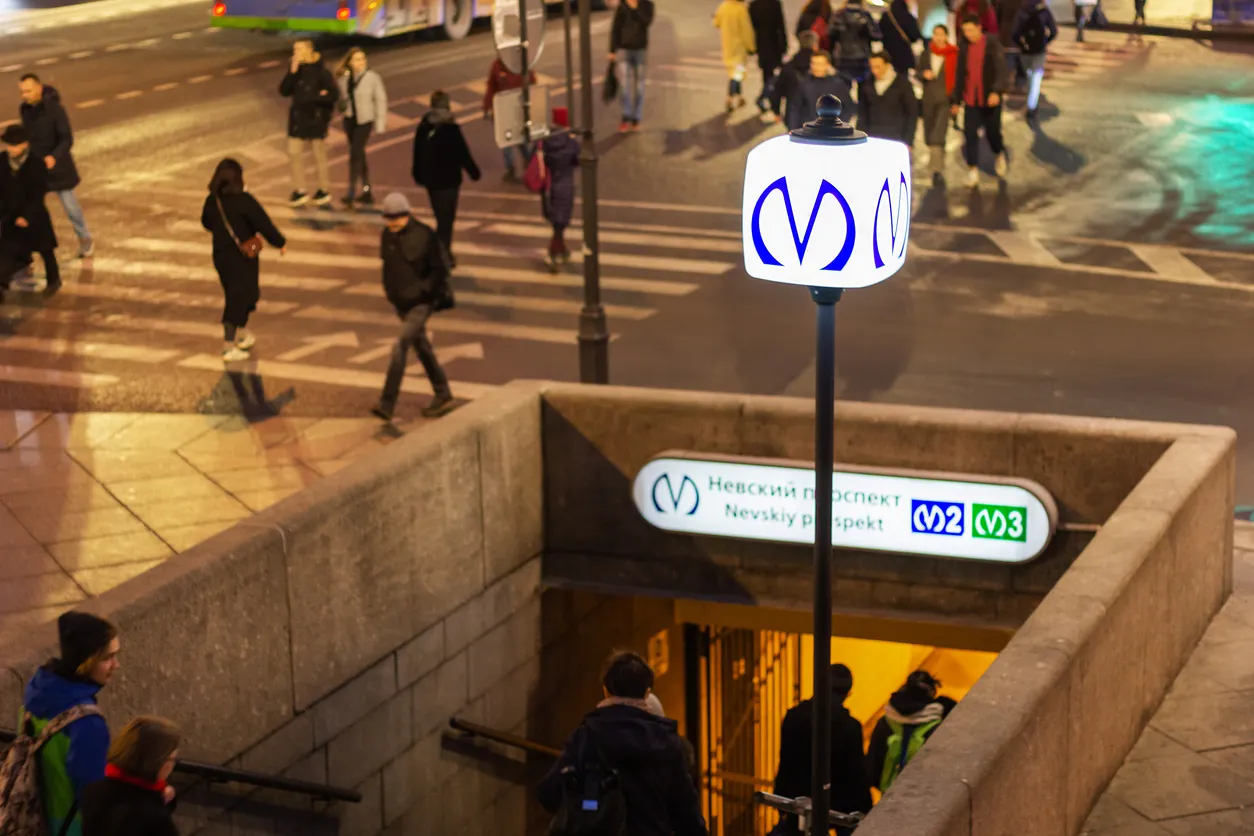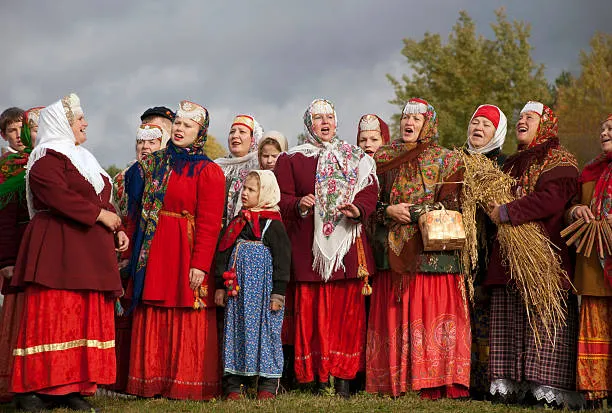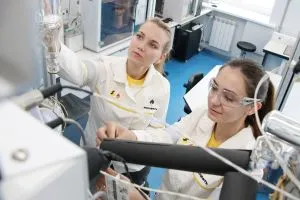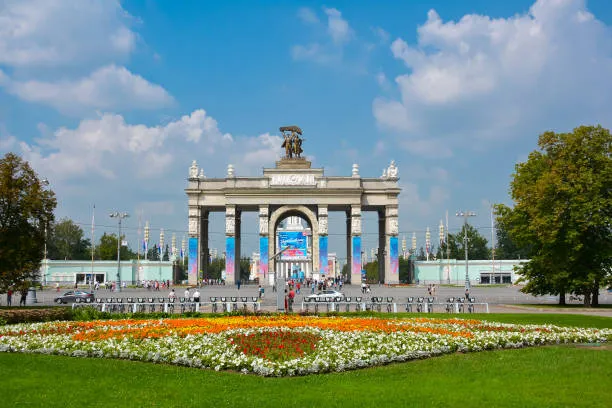MGIMO and T1 Are Building a Digital Campus OS for the Future of Russian Education

One of Russia’s most prestigious universities is going full-stack
MGIMO (Moscow State Institute of International Relations) is teaming up with IT powerhouse T1 Group to create a next-gen digital ecosystem—a seamless platform that redefines how students, professors, and administrators interact.
The rollout includes a dedicated mobile app that puts student life on autopilot: real-time grades, class schedules, direct chat with faculty, and even smart classroom booking are now just a few taps away.
But this is more than convenience—it’s architecture. MGIMO is the first in Russia to deploy a scientometric analytics system that aggregates faculty research output, tracks academic impact, and surfaces key institutional metrics, from publications to professional awards.
Another standout upgrade: the digital clearance sheet. Previously a paperwork marathon for graduating students, it’s now an automated workflow that cuts processing time by 40%. And in a nod to digital sovereignty, MGIMO has swapped Zoom for Dion, a homegrown Russian video conferencing system that brings built-in transcription and webinar functionality.
According to T1 CEO Alexey Fetisov, this isn’t just a tech stack—it’s a unified digital operating system for higher education. MGIMO rector Anatoly Torkunov echoed the sentiment: “Digitalization has deepened student engagement and made academic processes significantly more efficient.”
The partnership, formalized at the St. Petersburg International Economic Forum (SPIEF), is just getting started. Next up: AI integration, import substitution in edtech infrastructure, and a wave of Russia-first digital initiatives designed to rewire how higher education scales in a connected world.
MGIMO isn’t just going digital—it’s designing what a digital university looks like in the post-Zoom era.






